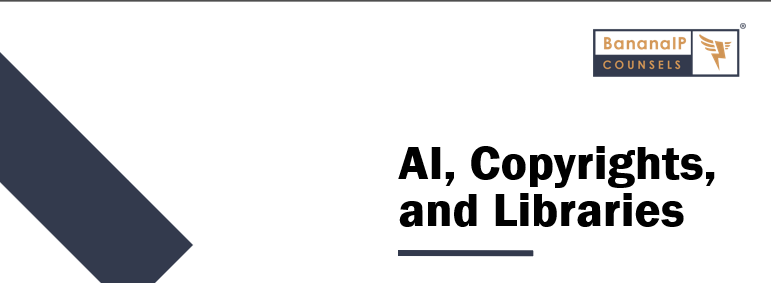Delhi HC cancels ‘Ragini’ label for deceptive similarity and copied trade dress, upholding prior user rights of ‘Rani’/‘Rachna’ and ordering Section 57 rectification of the register.
Read more about Prior user rights prevail over subsequent registration, reiterates courtPrior user rights prevail over subsequent registration, reiterates court
 Featured image for article: Prior user rights prevail over subsequent registration, reiterates court
Featured image for article: Prior user rights prevail over subsequent registration, reiterates court








